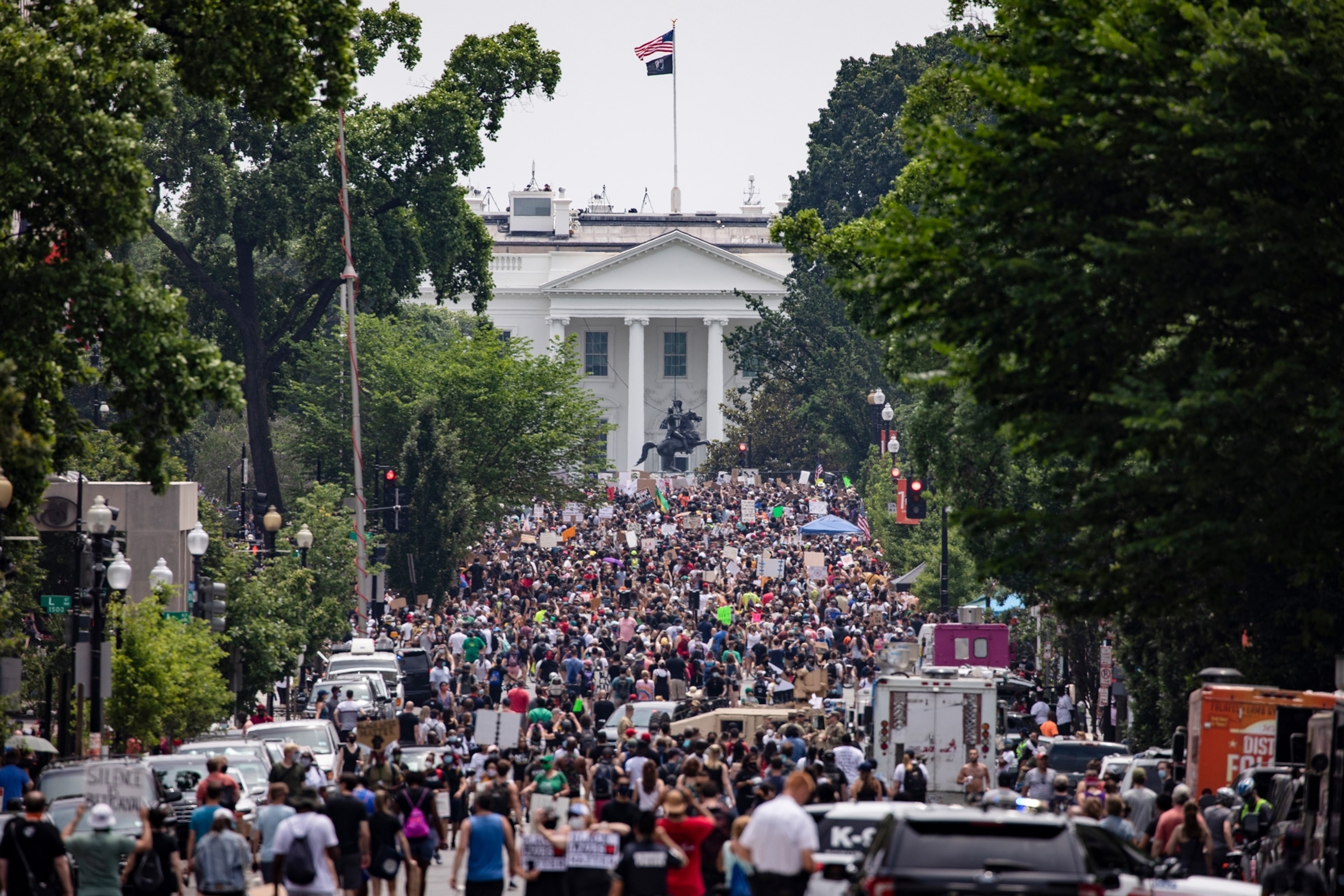
To enact change in the world, we must protest
African Americans have a legacy of fighting for their rights in the U.S.—today, the movement has become global.
America has been plunged into another Emmett Till moment of racial reckoning and soul searching. The protests and acts of civil disobedience currently roiling the nation will continue to flare like California wildfires. They must. This nation was built on protest.
The excruciating images of the final tortured moments of George Floyd, an African American who died in police custody on a Minneapolis street, must continue to fuel a national fury. The nature of Floyd’s death forces America to confront an immoral reality: the United States remains stubbornly committed to a long-standing practice of violent and often lethal policing of African Americans.
Till would have turned 79 in July had he lived. Instead, the 14-year-old black boy was lynched in 1955. A native of Chicago, Till was visiting relatives in rural Mississippi when he committed the capital crime of whistling at a white grocery store clerk. Hours later, he paid in blood.

After Till’s body was recovered from the Tallahatchie River three days later, a nation was stunned when pictures of his horribly disfigured face were published. When a mortician offered to “touch up” the corpse for the funeral, Till’s mother refused. She demanded that the nation—and the world—see what racial hatred looked like up close. A mother’s protest helped spark a civil rights movement.
“You must continuously tell Emmett’s story until man’s consciousness is risen. Only then will there be justice for Emmett Till,” she was famously quoted as saying.
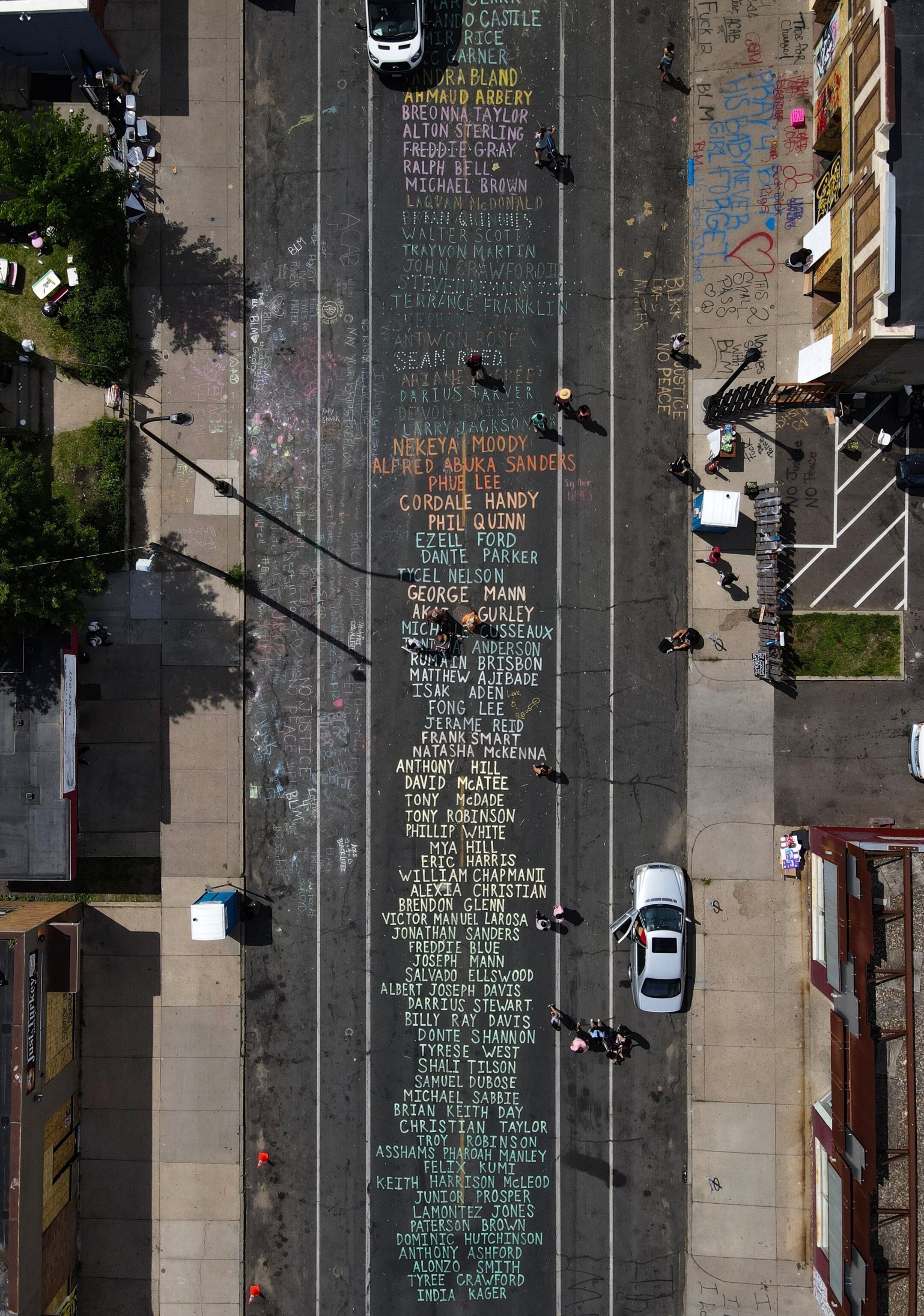
A young Montgomery, Alabama, pastor named Martin Luther King, Jr., took notice. So did a nascent national civil rights movement.
The criminal justice system wasn’t responsible for Till’s death, but it was entirely complicit by ignoring the boy’s blood dripping from his two white killers’ hands. The injustice lit a protest fuse. A month after the lynching, King stated that Till’s death “might be considered one of the most brutal and inhumane crimes of the twentieth century.”
Exactly a hundred days after the murder, a woman named Rosa Parks boarded a segregated public bus in Montgomery and refused to surrender her seat to a white passenger. A bus boycott, already in its infancy, was fueled by the savagery visited on Till. A year later, the buses were desegregated.
The successful boycott was a precursor to sweeping social change. The simple act of Parks refusing to give up her seat on a bus–and the resulting boycott–helped spawn civil rights legislation that would soon outlaw race discrimination in housing and employment. The Civil Rights Act of 1964 and Voting Rights Act of 1965, prohibiting racial discrimination in voting, would follow. The constant factor driving the change toward equality was focused protest.
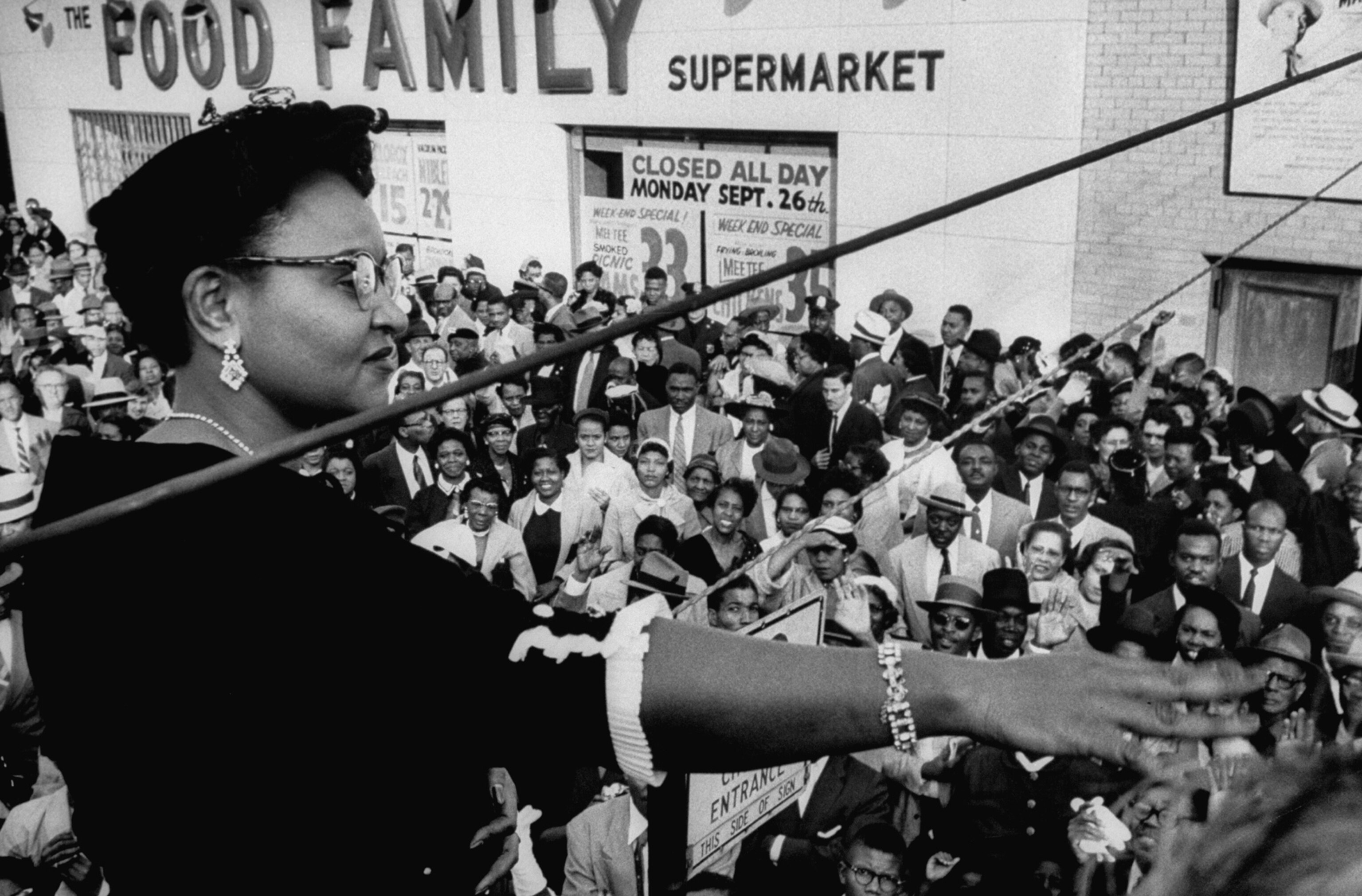
Now, America is experiencing another wave of social unrest and civil disobedience. We have little choice. Neither Minneapolis nor its police officers represent an American police anomaly. But the killing of Floyd has exposed an awful truth, and radical change is needed.
The almost casual nature of Floyd’s violent arrest by Derek Chauvin, a veteran Minneapolis police officer criminally charged with his death, along with three other officers, reveals how black Americans continue to be targeted, brutalized, and often killed simply because their race renders them suspect. Being black is a pre-existing condition when it comes to law enforcement interaction. Sadly, that state of affairs isn’t breaking news.
The news is the sustained intensity of the demand for systemic change being heard both here and abroad in the wake of Floyd’s murder. The geographically and racially diverse protest furor gives guarded hope for meaningful social progress on the policing issues. As America remains firmly locked in a dangerously crowded intersection of pandemic health fears and unleashed anger against the criminal justice system, the focused rage has gone global.
When is the last time the police killing of an African-American man caused tens of thousands of protesters to march in Berlin, London, and Paris, in defiance of police emergency health orders? When is the last time young people from Middle Eastern countries held rallies under Black Lives Matter signs and banners?
The ubiquitous “I can’t breathe” mantra could easily be applied to the more than 391,270 lives so far claimed worldwide by the monstrous COVID-19 pathogen. But the refrain has already been branded in protest lore against brutal policing. Indeed, it has become a solidarity chant–a global response to the phenomenon of African American males self-eulogizing while gasping for air in police custody.
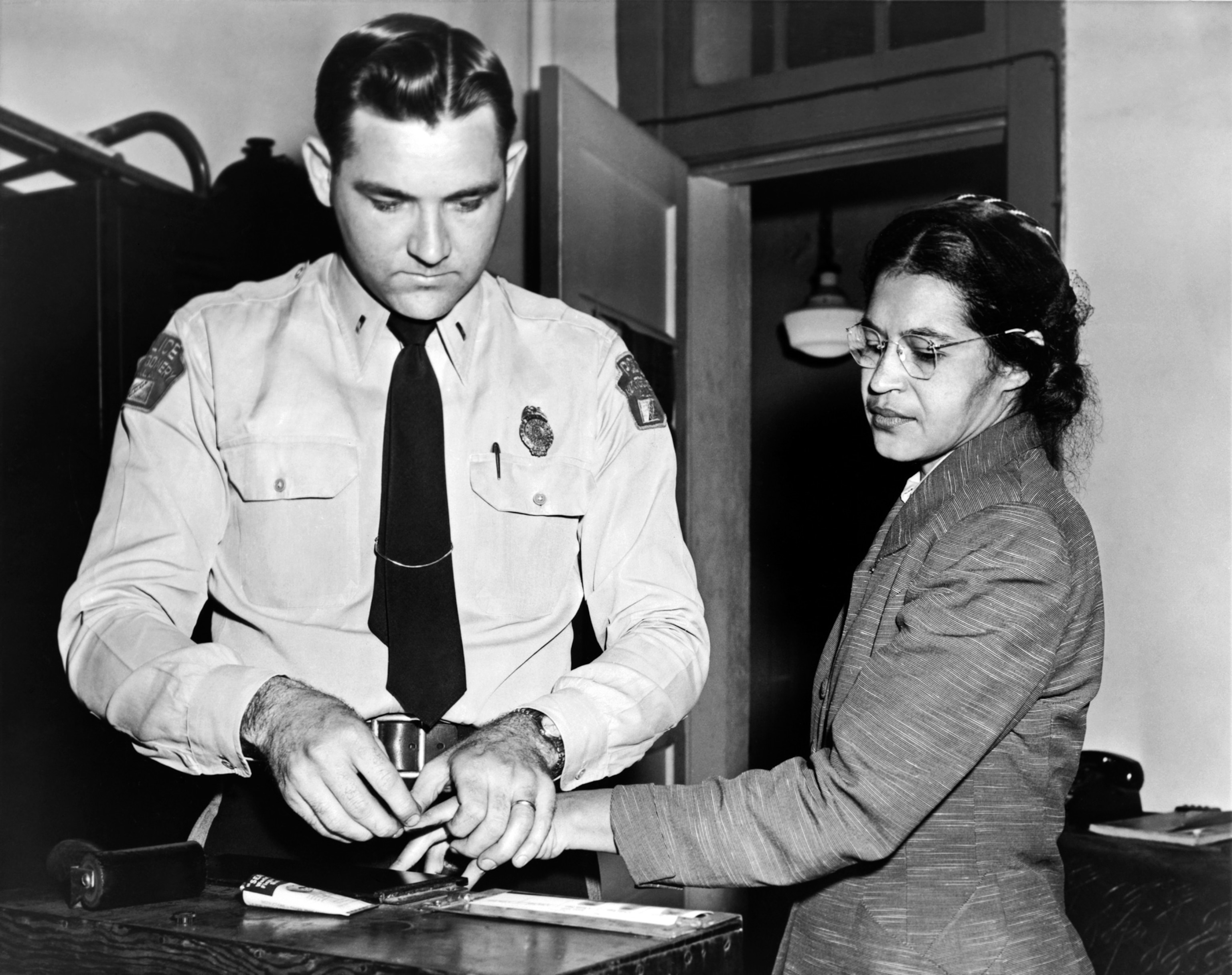
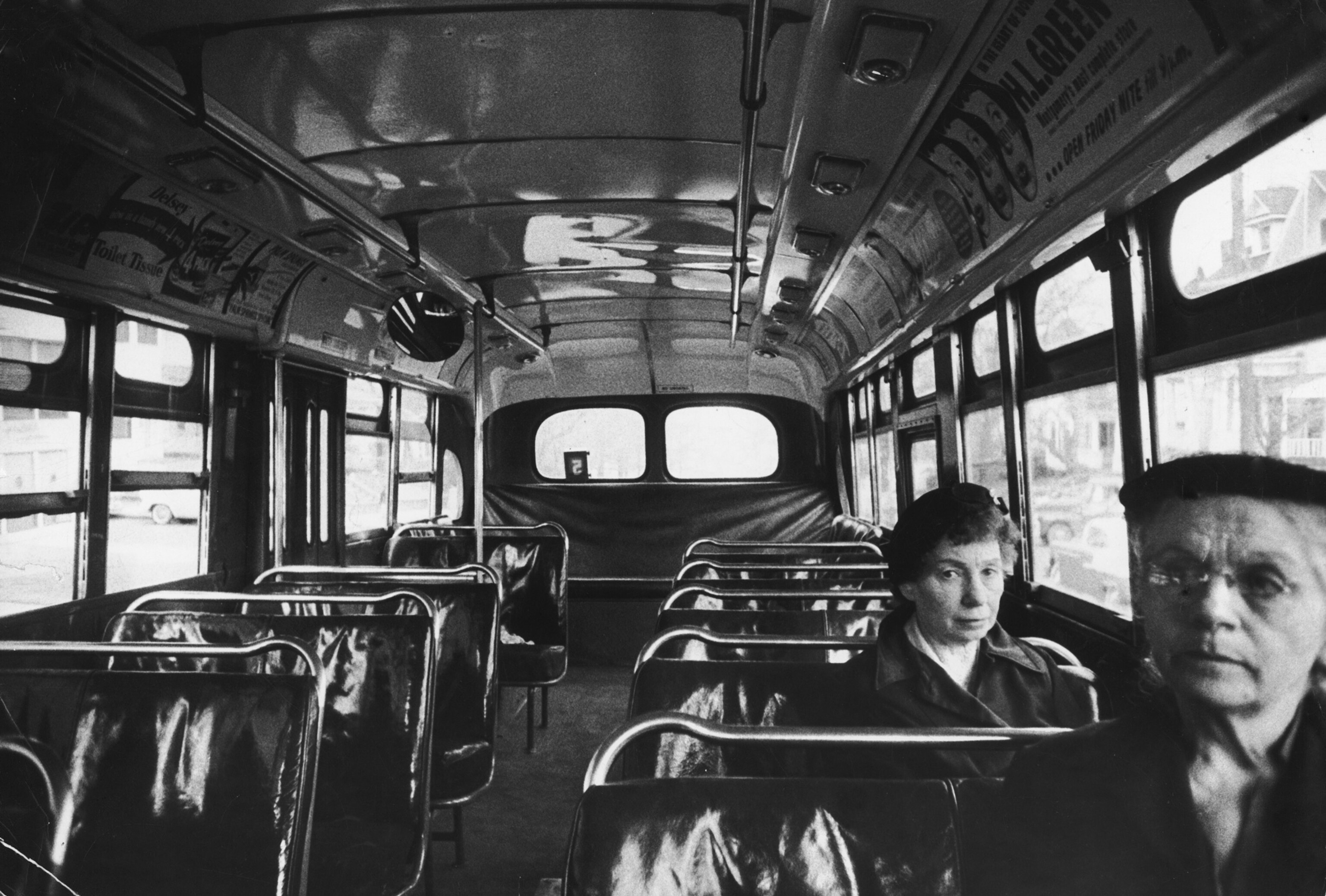
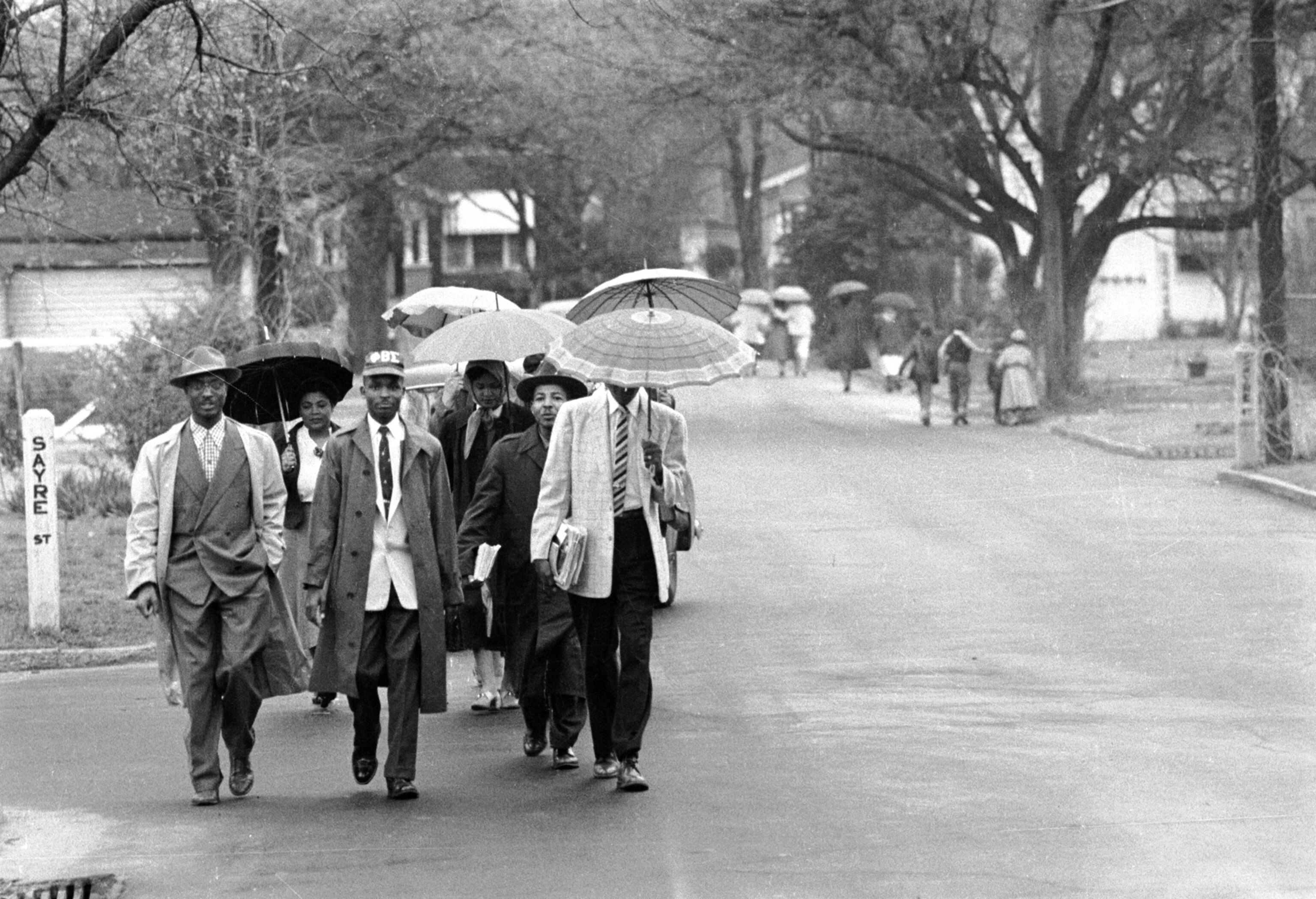
The young and aggrieved have always been the catalyst behind protest movements. So have powerful images. This moment is no different. The graphic video of Floyd gasping for air and pleading for his life under the knee of a police officer is understood across the entire human spectrum. Floyd’s suffering inflicted by a cop who has the demeanor of a man on coffee break is what enrages, unites, and ultimately focuses those committed to change.
That change is needed is beyond dispute. Despite the tremendous racial progress in America over the past few decades, the relationship between police and African Americans has remained mired in an impenetrable cycle of uneasiness, distrust, and, too often, lethal hostility. Nowhere is the nature of the relationship more clearly seen than in statistics that reveal that 1 in 1,000 black males die annually as a result of a police encounter that turns violent. No other American demographic comes close, although Hispanic-American males also have disturbingly frequent fatal interactions with police.
African Americans make up 13 percent of the U.S. population but are more than two and a half times as likely to be killed by police as white Americans. Most of these deaths happen to black males in their early 20s. By the time a black man reaches middle age, the chance of a fatal police encounter drops precipitously but remains disproportionately high.
Floyd was 46. He had aged out of the well-documented danger zone experienced by younger black men involved in even minor police encounters. He should have been relatively safe. He wasn’t.
Stopped on suspicion of passing a counterfeit $20 bill, he was quickly exposed to a form of extrajudicial police punishment that resulted in death. America–and nations around the world–have taken notice. Why?
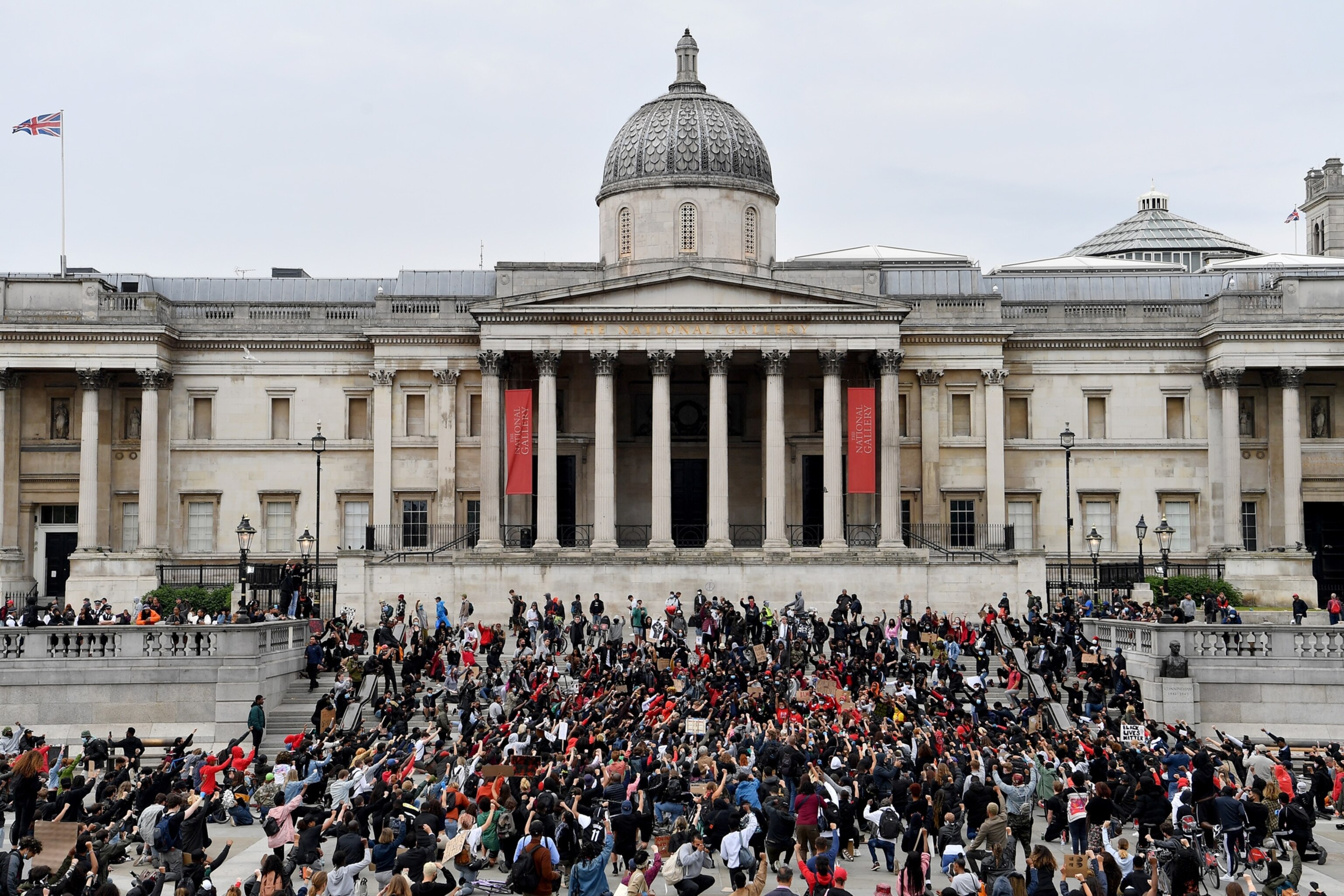
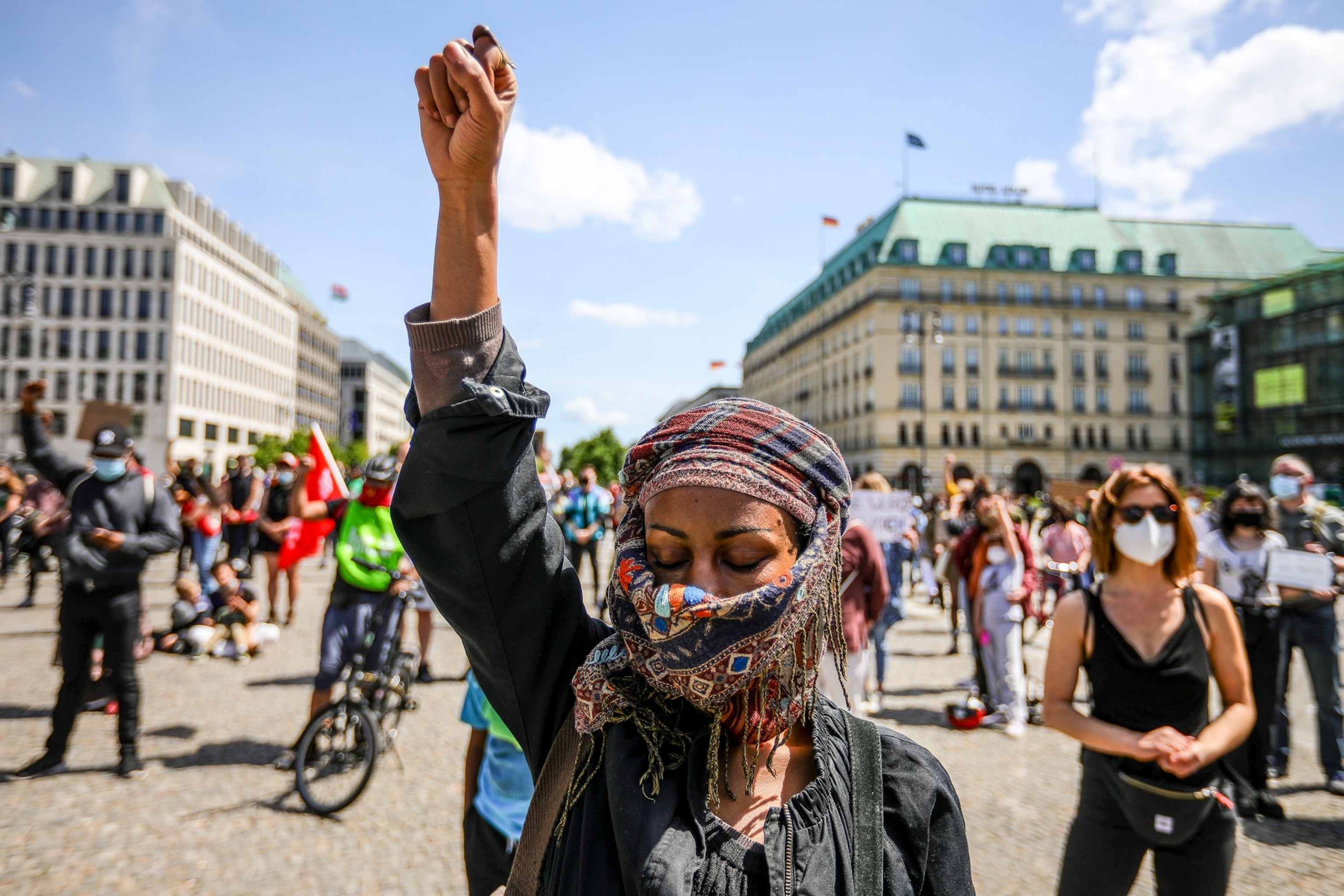

The video of Floyd pleading for air, as officers watched his descent into unconsciousness, is the 21st-century visual needed to unleash the sort of historical rage and righteous focus that has led to change in the past. It’s our Emmett Till moment.
In many ways, the haunting visuals provided by Floyd’s wicked demise contain the same power for meaningful change that were deliberately choreographed in the death and burial of Emmett Till. The two black males share a similar legacy. The criminal justice system viewed them as less than human.
Now America is again being forced to confront its history of brutal inequality when it comes to policing of African Americans. This time lasting change must come.
As long as the protests stay smartly focused on advancing lasting social change, and remain vigilant against anarchists and opportunists who would hijack a just movement, progress will occur. We already bear witness to some of the self-policing that’s happening at protest rallies. Some marchers have forcibly confronted those with nefarious purpose, and pointedly worked to protect the integrity of their justice goals.
That’s important. These proctors understand that winning the hearts and minds of Americans committed to justice will require discipline and uniformity in purpose.
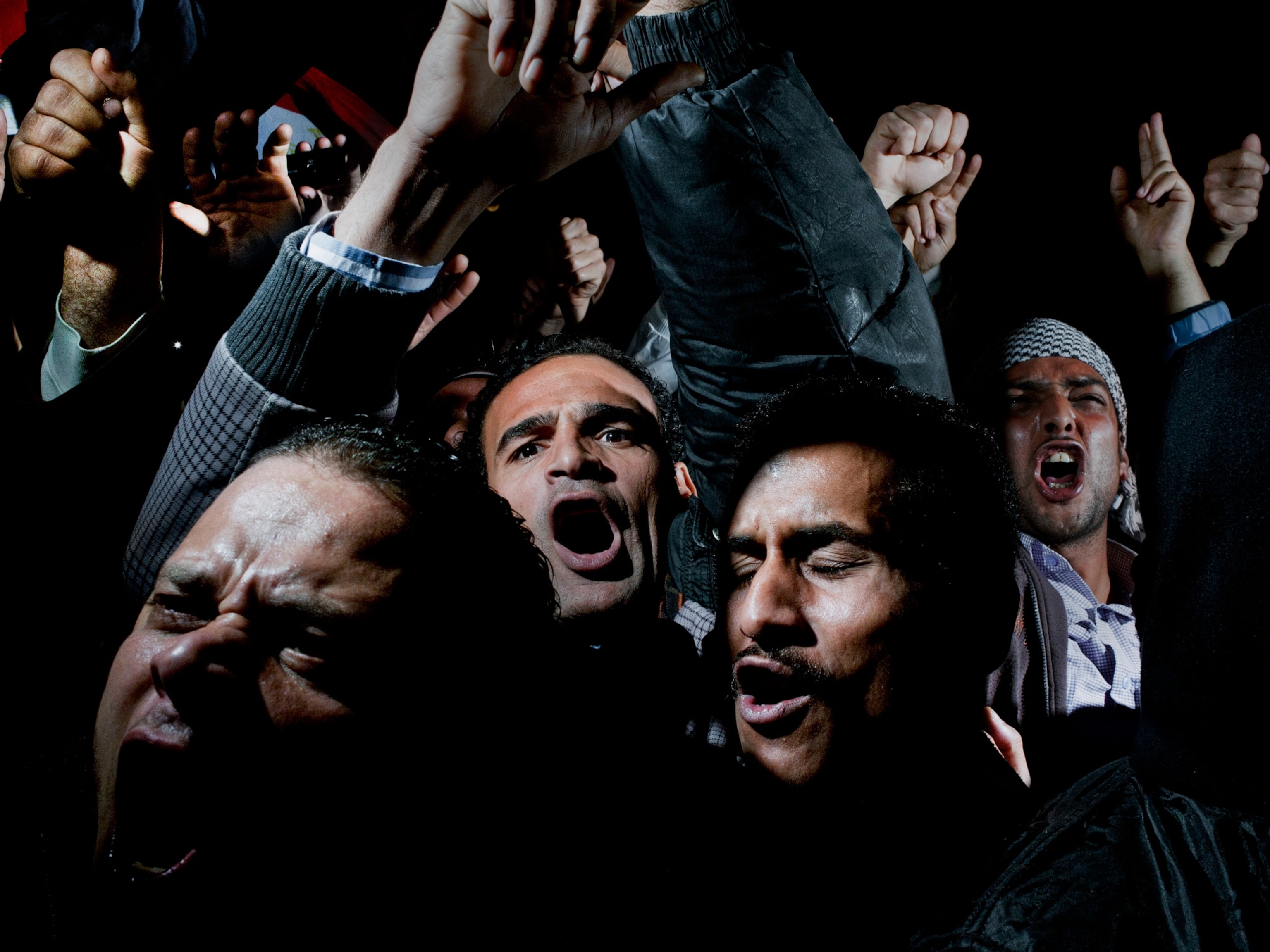

True and lasting police reform will involve much more than legal consent decrees enforced by the U.S. Department of Justice. It will also involve more than police doing a much better job of policing their own.
Ultimately, the power for change rests with the people. It always has. That’s the lesson of history. The bloodless revolution that swept through the Middle East during the 2011 Arab Spring was triggered and sustained by young people and university students willing to march and raise their voices in unison, while using social media to advance their concerns and aims. This remains the path forward to progress.
A 15-year-old Portland, Oregon, girl named Kellen S. created a Change.org petition called Justice For George Floyd that became the most signed petition in Change.org’s history, with now more than 16 million signatures. Kellen said in an interview that she realized the daunting challenge for people her age to become social leaders in times of great social upheaval and crisis. Her age was actually the asset. She recognized that social media would be the most effective tool to reach teens and spread awareness about police brutality and racism. Now, she has become a sterling example of how young leadership can foment and foster change.
Kellen is far from alone in representing change agents on the world stage. Greta Thunberg, a 17-year-old Swedish environmental activist, who was named Time magazine’s Person of the Year in 2019, is a leading international voice on the environment. She routinely challenges global leaders to address climate change as an existential crisis that threatens humanity. Her interest and voice aren’t limited to the environment.
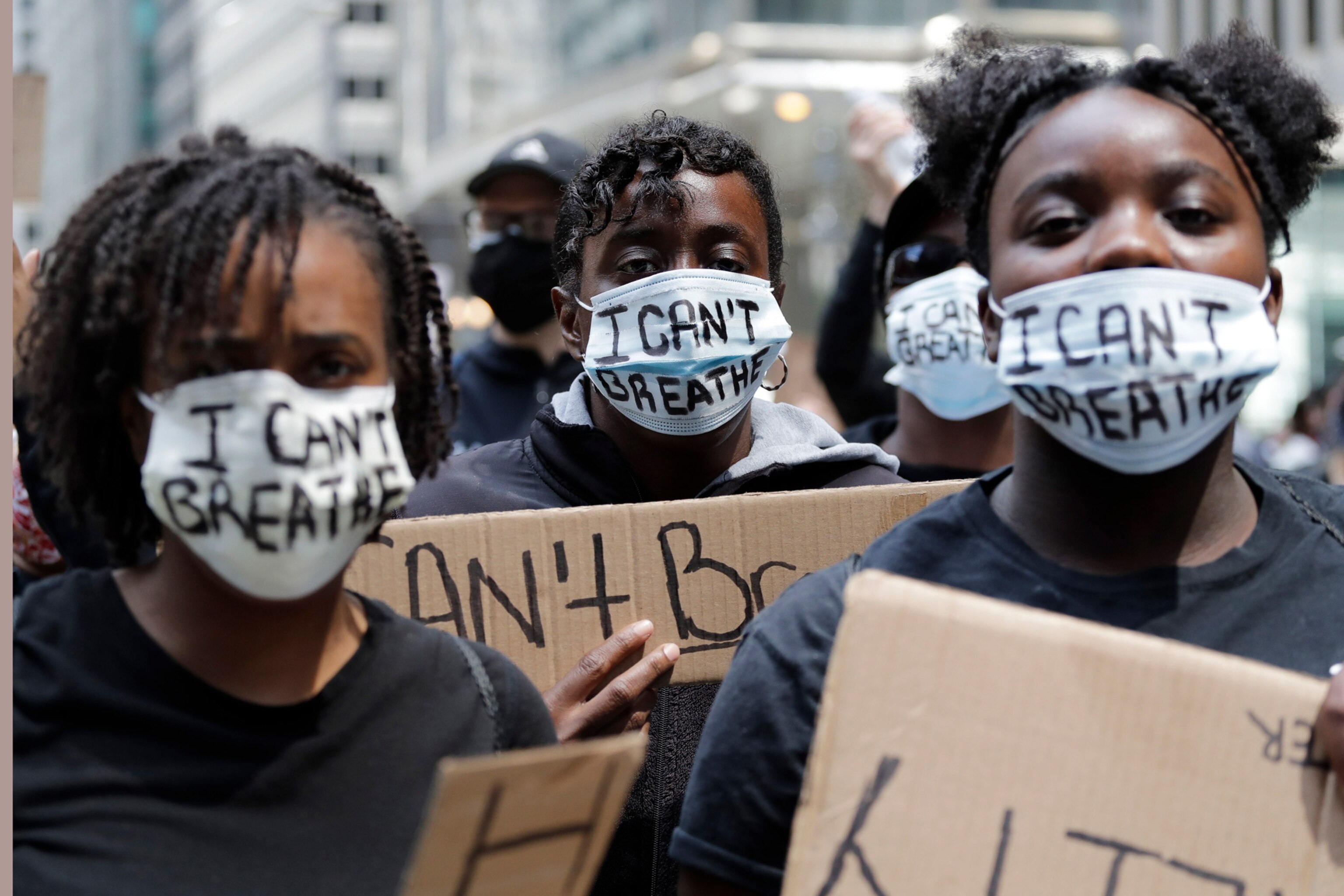
Days after Floyd’s death, Thunberg tweeted an insightful message to her four million Twitter followers: “Devastating to see the development taking place in the USA. Centuries of structural and systematic racism and social injustice won’t go away by itself. We need a global structural change. The injustices must come to an end. #BlackLivesMatter.”
Protest forged by the young will continue to percolate. With the American economy experiencing unprecedented turbulence and untold numbers of young adults and university students unable to access the job market, their attention and voices will necessarily turn to social issues that matter.
Hundreds of thousands of people are expected to assemble in Washington, D.C., to register their protest against the death of George Floyd. These demonstrators will exercise their First Amendment rights near the same park where Attorney General William Barr on Monday ordered peaceful protesters to be removed with the use of tear gas and flash grenades.
Change won’t come easy, but it must come. The voice of George Floyd was silenced by brutal cops. It now thunders for change from the grave and the world has taken rapt notice.
History does not tell us whether Emmett Till cried out for his mother before he was tortured and died. We know that Floyd did.
Now, those anguished cries become the continuing mandate of the living. This movement must be sustained. Protests matter.